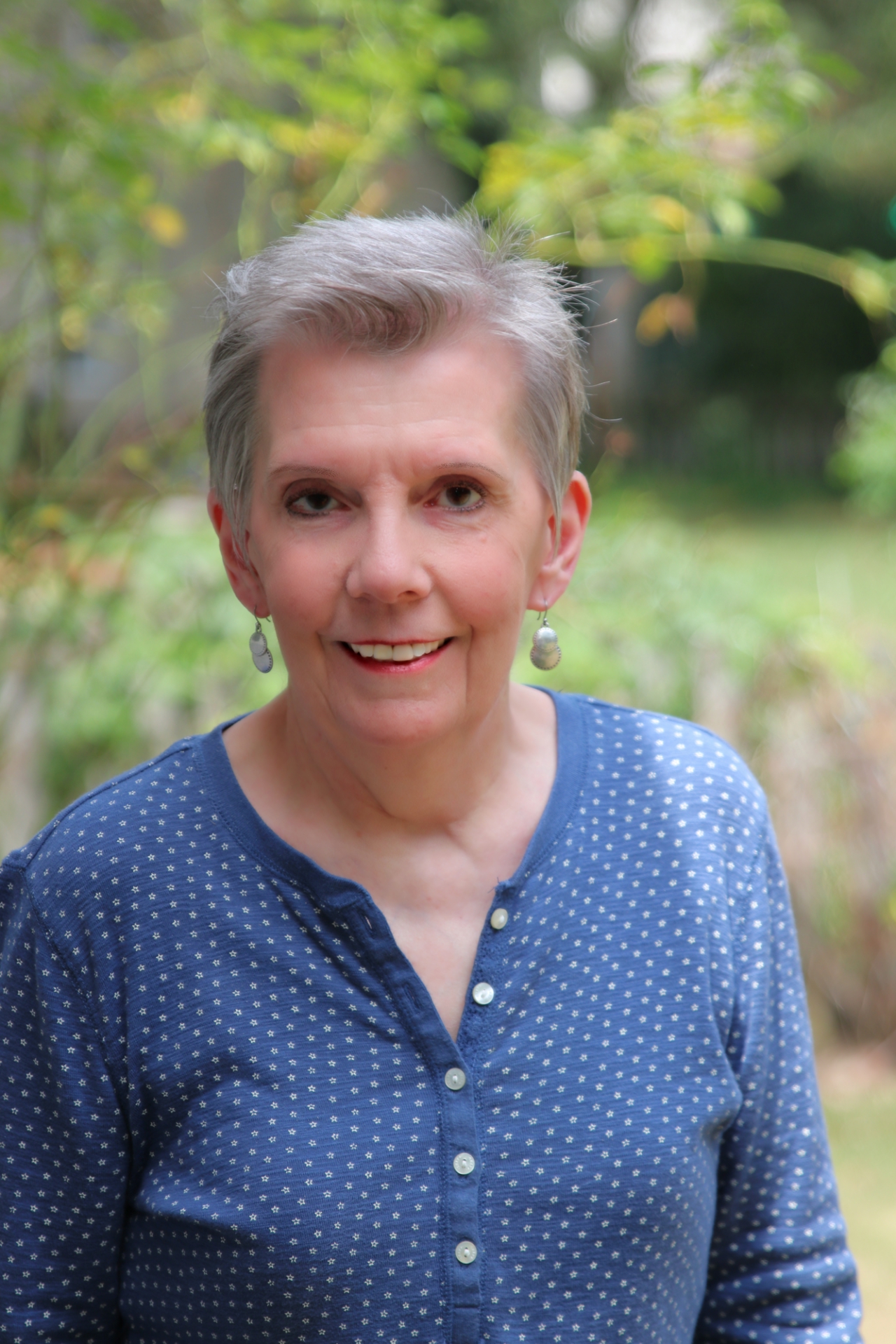No, I’m not talking about that kind of pregnancy. On the other hand, I believe there are more similarities than we realize between the gestation of babies and the birthing of our next idea, project, or action plan.
Let’s start with the aspect of time. The healthiest infants take somewhere between 37 and 40 weeks to form, grow, and develop, before they arrive into the waiting arms of mom and dad. While most of the ideas, projects, and plans you and I choose to engage in won’t take that long to become manifest, I would be remiss if I didn’t emphasize the value and importance of what might be called the “pregnant pause”—or, in more spiritual terms—the gift of being in the liminal space.
Liminal comes from the Latin word limens, which means “threshold.”
Richard Rohr describes liminal this way: “It is when you have left the tried and true, but have not yet been able to replace it with anything else. It is when you are between your old comfort zone and any possible new answer. If you are not trained in how to hold anxiety, how to live with ambiguity, how to entrust and wait, you will run…anything to flee this terrible cloud of unknowing.”
Seems a pretty apt description of what we went through in the year just completed—and the new one we have barely experienced.
For the Christian [as well as those of other faiths] knowing how to trust and wait on the Divine for guidance as to where to put our energies and attention is key to living a servant life in peace. Without the wherewithal to hold anxiety, live with ambiguity, entrust and wait, we quickly become confused and overwhelmed. We flounder, flail, and occasionally, wail.
Learning to trust and wait until we have clarity about the next step is not something we learn overnight, or even in a matter of months. It takes practice. It is helpful to remember that the mere act of choosing to rest in the pause, is, of itself, an action with the potential to bear fruit of healing and hope.
There is no snap-of-the-fingers process to pause in the liminal space. Nonetheless, the following steps have been helpful for me:
- Deep breathing. Several deep, slow breaths in, followed by slow deep exhales can calm our heart rate, relax our bodies. This action is easy to pooh-pooh. Too easy. Something for the religious or the head-in-the-clouds types. On particularly difficult days I may need do this several times yet on each occasion, I can feel the peace wash through me.
- Quiet time. Some people refer to this as time for reflection, meditation, or contemplation. Aside from how you name it, the idea is to embrace quiet moments to still your racing thoughts, your chaotic mind. Again, this seems like doing nothing, however, to set aside a few minutes, often a few times a day, can mean the difference between the sense of being pulled in a thousand directions and of being in a state of calm.
- It’s not about the answers. Being in the liminal space is not about seeking specific answers to specific concerns or problems. It’s about opening our hearts, minds, and emotions to the presence of the One who can show us the way in which we are to go. If we are busy trying to figure out the answers, we leave little or no room for God to whisper His wisdom into our spirit.
- Acknowledge the discomfort. Learning to hold anxiety, live with ambiguity, and entrust all to a Higher Power and wait must begin with our willingness to own, as best we can, our angst, our pain, our discomfort. Many of us know only too well the myriad ways our culture has discovered to self-medicate to the realities of our world. When we finally surrender our hold on our need to control, our tendencies to judge, or our relentless pursuit of stuff, it doesn’t take long to realize the anxiety, ambiguity, and unknowing are not our enemies but can be the doorways through which we enter into the place of peace.
To pause, to allow ourselves to be in the liminal space, is to befriend ourselves. And in the process, learn new insights and gain a deeper understanding of not only why God has created us in His image and likeness, but to discern what He calls us to each moment of the day.
Is it hard for me pause and rest in the unknowing? Why?
How do I feel about embracing discomfort to trust the wisdom of God?
Can I set aside the need for answers until I pass through the anxiety and ambiguity?







